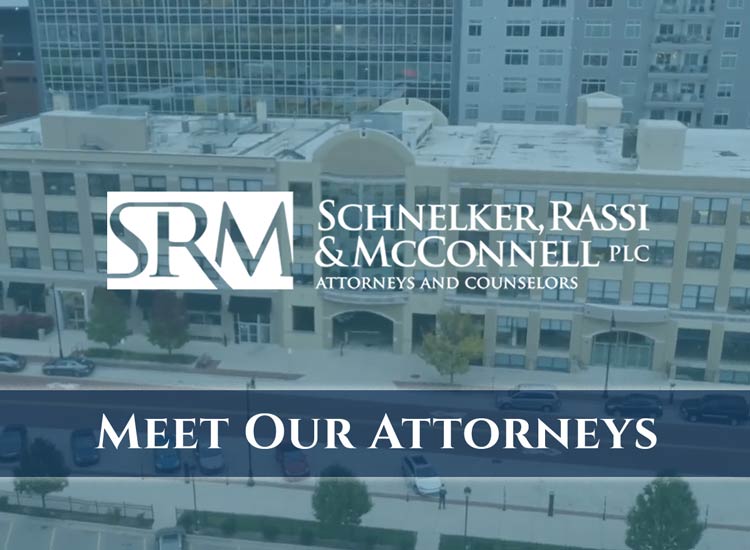Need help appealing a property tax decision? Your first step is to request a consultation with one of our property tax attorneys in Grand Rapids, MI. Our legal team would be more than happy to help you reach the best outcome for your property tax appeal.
Here’s our list of frequently asked questions to help you get started.

When can I appeal my property taxes?
It depends on where your property is located.
- Property owners generally receive their property tax assessments in January.
- In certain jurisdictions, including the City of Grand Rapids and the City of Wyoming, you are required to first request an assessor review (generally in early February) before you can appeal your property taxes to the Board of Review.
- For most other jurisdictions (and after assessor review in Grand Rapids and Wyoming) appeals to the local Board of Review should be made before the Board of Review begins to meet in early March.
I have commercial, industrial, or developmental real estate. Do I have to appeal to the local Board of Review?
No. For these types of properties, owners can choose to skip the local Board of Review appeal and appeal directly to the Michigan Tax Tribunal. The filing deadline for these types of appeals to the Michigan Tax Tribunal is May 31.
What does my tax assessment mean? What is the difference between assessed value, taxable value, state equalized value, and fair market value?
Your tax assessment should list several values for you to review:
- Assessed Value: This value is equal to 50% of the true cash value (which generally means fair market value) of the property according to the local assessor.
- Taxable Value: This value is the amount that will be subject to the millage rate to determine your property tax. This value can never be more than the assessed value and is typically lower than the assessed value. Your first assessment after the purchase of the property will typically show that the taxable and assessed values are identical. After the first year of ownership, the assessed and taxable values can diverge because the taxable value can only go up by the rate of CPI or 5% (whichever is less for each year of ownership), while the assessed value has no such limit.
- State Equalized Value: Except in rare cases where an equalization factor other than 50% has been applied by the county in which the property is located, the state equalized value will equal the assessed value.
Should I appeal my taxes?
If the fair market value of your property has fallen significantly below twice the taxable value listed on your property tax assessment, you should consider an appeal. For example, if you own a warehouse that has a taxable value of $750,000 (which when doubled equals $1.5 million), but the fair market value of the building has fallen to $900,000, then an appeal is recommended.
What are the costs of an appeal?
The cost of a property tax appeal depends on the type of property being appraised, attorney’s fees, and appeals fees. But appeals fees are fairly nominal in comparison to the scope of most appeals.
Attorney’s fees will vary greatly from firm to firm and depend on what stage in the appeals process the matter is either resolved or settled. If a settlement is reached with the local assessor early on in the process, the attorney’s fees will be on the low side where if the appeal proceeds through to an entire tribunal hearing, the fees will be significantly higher.
What is the value of an appeal?
The immediate value of the appeal will be the tax savings for the year that the taxpayer is appealing. However, if the appeal results in a significant reduction in the property’s taxable value, the tax savings can be recognized over multiple years from a single appeal. We can prepare a cost-benefit analysis specifically for your property to aid you in deciding whether an appeal is recommended for your particular situation.
Call to See if an Appeal is Right for You
If you feel you are a candidate to appeal your property tax assessment, we invite you to contact Andrew Rassi from our tax planning group at (616) 828-5375. You may also request a meeting through our website. Our property tax lawyers in Grand Rapids, MI, are ready to help you with your case! Call today


